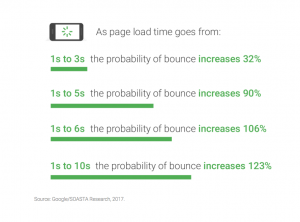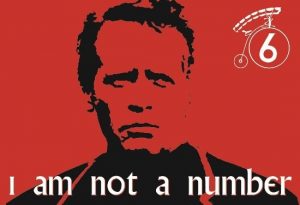by Charlene Weisler, Op-Ed Contributor, July 12, 2016
The agency business has been undergoing change, not least of which is through the use of new technology to deliver the best messaging to the right consumer at the right time.
Fourteen years ago, Ben Kirshner, CEO of Elite, started Coffee for Less, an online store for all things coffee. “When I hired an agency for search marketing, I realized quickly that the people who cared most about my business were the salespeople, because they got commissions. The account managers were the most important people, but the agency kept switching them on me. I was re-educating account managers four times a year, and none of them had any passion for my business.”
So Ben decided to create Elite, an agency that gives all employees a share in overall profits.
Charlene Weisler: What exactly does your agency do?
Ben Kirshner: We don’t do the creative; we plan and buy the media so that more people click on clients’ ads and buy their products. We started in paid search marketing, and now we also do organic search, display advertising, social media advertising, and shopping ads with the data feeds supporting them. We’re also growing fast in the area of conversion rate optimization, which means getting people who come to your Web site to buy more.
Weisler: How does what you do impact TV?
Kirshner: We extend TV. More specifically, we convert the broad awareness TV ads create into real sales traffic. When our clients run TV campaigns, significantly more people search for their brands. During peak TV advertising times for our clients and competitors, we’ve also noticed big increases in the number of people searching for the category and products in general. Our job is to give those searchers the ad message that turns them into customers.
Weisler: What data, if any, do you collect, and how is it used to forward your business?
Kirshner: Data is our everything. Our account teams are analyzing data and making adjustments day in and day out. We’re constantly looking at Web site analytics — store information, revenues, traffic, purchases — to determine how much it’s costing to get each visitor and buyer. For example, if we see our campaign’s leading 40% more people to our client’s site, but they’re not buying the unique products with higher gross margins, we can immediately focus marketing on those items. Also, we’re always exploring new terms and new ways to segment campaigns for optimization.
Weisler: Looking ahead the next 3-5 years, give me some predictions about how the TV and media landscape in general will look.
Kirshner: I foresee a divergence in TV. On one hand, live event broadcasts will get dramatically more expensive for advertisers, because they’re the last content that predictably get huge audiences watching the same thing at the same time. On the other hand, prototypical TV content will be watched predominantly on demand online. So advertisers will principally pay for program sponsorships, brand integration, and pre-roll commercials before DVR playback starts.
Google will be the place all media flows through to be placed, traced, tracked, optimized and reported on. If you want to buy TV commercial programmatically you’ll do it through Google. The same with radio ads.
As a result, all of the media planning and buying teams will use the same toolkit. We will have solved the attribution problem because we have one persistent tracking mechanism.
MediaPost.com: Search Marketing Daily
(32)







